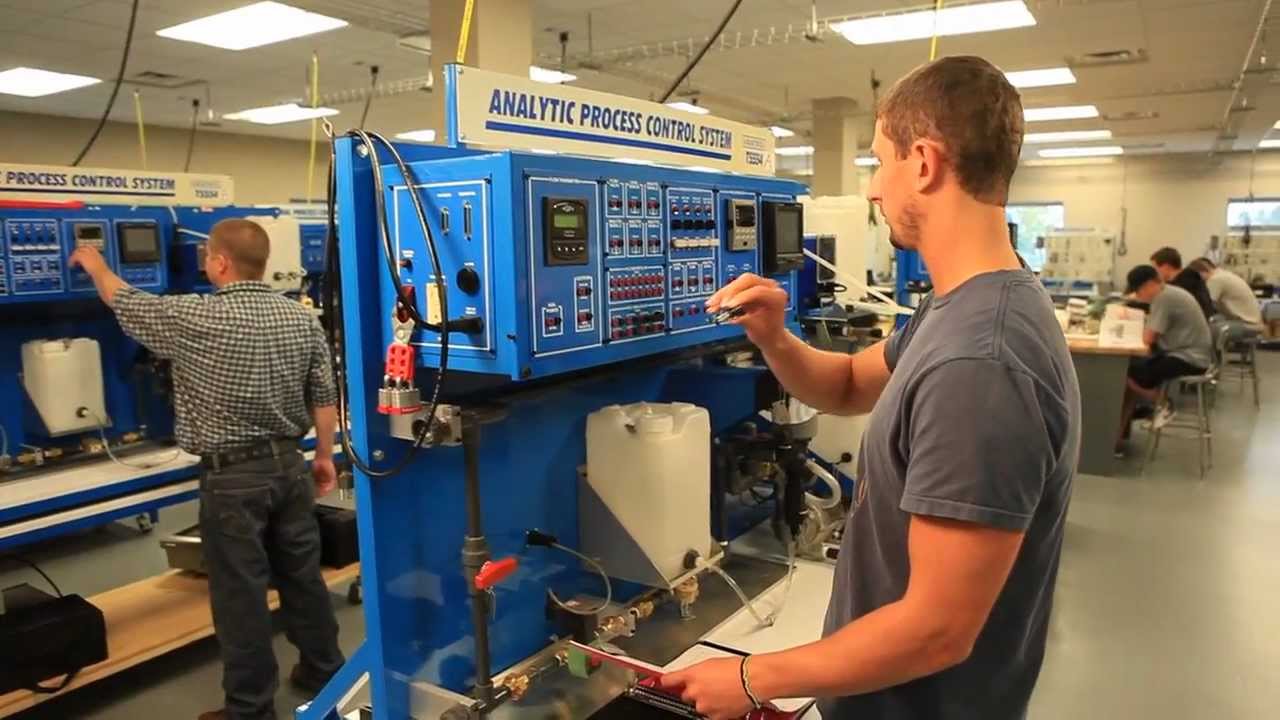Instrumentation engineering jobs involve researching, designing and developing new systems and devices. These devices are in turn used to control, monitor and regulate industrial processes as well as operations. Instrumentation engineers generally work for industries with automated processes, such as manufacturing or chemical plants. They are responsible for improving system productivity, security, optimization as well as stability.
Instrumentation engineers work closely with peers who are placed across a number of functions, including operations, purchasing as well as design. Their job mainly involves managing operations, designing and developing new control systems. They have to consistently collaborate with design engineers, operation engineers, purchasers as well as other internal staff.
Also, click here to find the list of most promising jobs for freshers in India.
Qualifications & Requirements
Mostly, instrumentation engineering jobs require a Bachelor’s in Engineering which is typically four years in length. However, electrical and electronic engineering degrees are also widely accepted. In addition, a degree in the following field can also be considered:
- Applied Physics
- Chemical Engineering
- Computer Engineering
- Mechanical Engineering
- Systems Engineering
Apart from these qualifications and degrees, an instrumentation engineer must possess a strong skill set. Take a look at some of the skills that are necessary for instrumentation engineering jobs:
- Inventive problem-solving and troubleshooting skills
- Superior critical thinking and a high level of numeracy
- Good communication as well as interpersonal skills
- Ability to function individually as well as carry team spirit
- Ability to motivate others
- Lead or manage teams as well as projects
- Flexibility and strong negotiating skills
- Responsible and quick in decision making
- Detail-oriented
- Outstanding customer care skills
- Good commercial awareness
- In-depth understanding of high-level computer technology
Role & Responsibilities:
On an everyday basis, instrumentation engineers are responsible for a variety of duties and responsibilities:
- Planning and developing new control systems
- Measuring, managing and modifying existing systems
- Investigating data and showing findings in written reports
- Overseeing operations
- Operating with design engineers, operation engineers, purchasers, and other internal staff
- Connect with clients, suppliers, contractors as well as other relevant authorities
- Manage projects within cost and time-constrained environments
- Ensure compliance with health and safety regulations as well as quality standards
- Render advice and consultancy support
- Acquiring equipment
- Formulating computer software and test procedures
- Generating new business proposals.
Career Outlook
Instrumentation engineering jobs are one of the new and less popular engineering branches in India. Therefore, the candidates that get into this field are less. Qualified applicants who have a degree in instrumentation engineering get plenty of job opportunities in the electrical, mechanical as well as the electronics sector. Additionally, because of the multidisciplinary nature of this field, an instrumentation engineer can also work outside the industry.
A candidate can acquire a superior knowledge of a particular industry or area of instrumentation knowledge and get into a variety of jobs to advance their careers. Some of the top sectors that provide instrumentation engineering jobs are:
- Corporate businesses
- Consultancies
- Public sector companies
- Pharmaceutical
- Engineering firms
- Automation
- Railways and construction
- MNCs
- Telecommunications
- Manufacturing
- IT
- General management
- HR
- Finance
- Oil, gas and petrochemical industries
- Chemical industries
- Purchasing
- Marketing
Salary
On average, instrumentation engineers with no prior work experience can earn up to 3.3 LPA. However, with relevant work experience and expertise, this payscale can go above 9.1 LPA. That being said, these figures may vary in terms of company, job location, etc.
